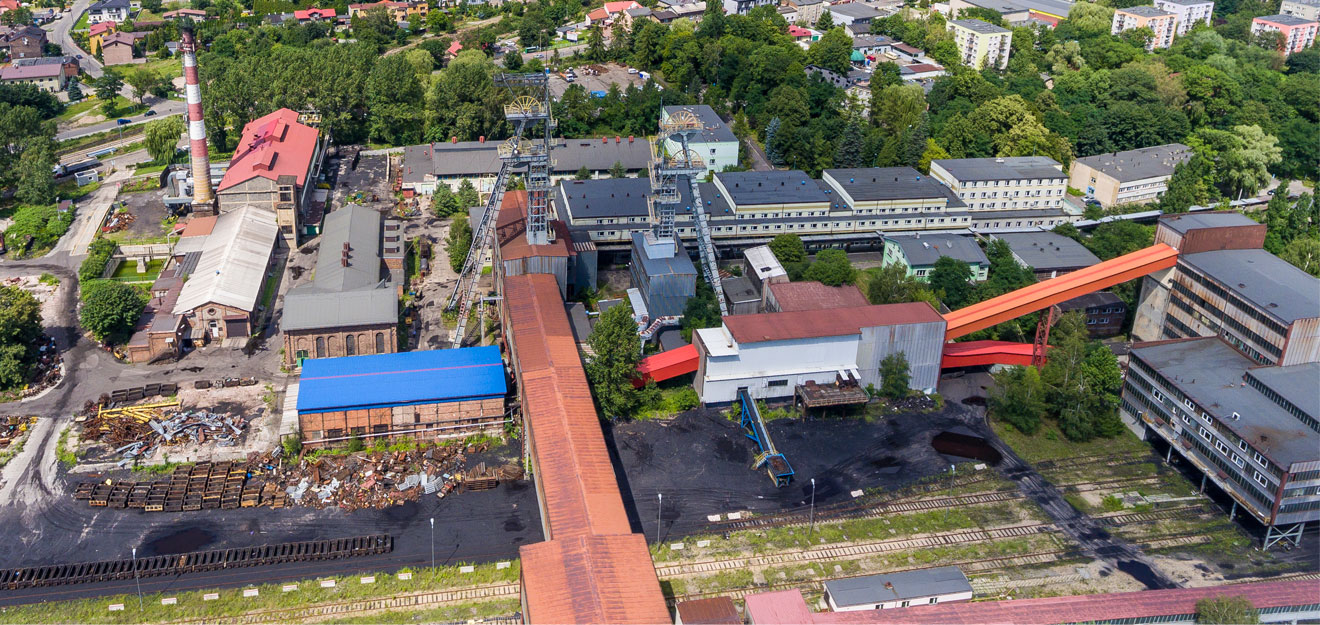The heat pump hot water system is a system that efficiently utilizes heat energy, converting low-temperature heat energy into high-temperature hot water through heat pump technology. This article will introduce the classification of heat pump hot water systems, including air source heat pump hot water systems, ground source heat pump hot water systems, and water source heat pump hot water systems, and analyze their application advantages, including energy conservation, environmental protection, reliability, and economy.
Classification of heat pump hot water systems
Air source heat pump hot water system: An air source heat pump utilizes the heat energy in the outdoor air to convert low-temperature heat energy into high-temperature hot water through processes such as compression and expansion. This system is suitable for general households, small businesses, and office spaces.
Ground source heat pump hot water system: Ground source heat pumps utilize geothermal energy in the underground soil and transmit it through buried pipelines, converting geothermal energy into high-temperature hot water. This system is suitable for large buildings, schools, hospitals, and other places that require a large amount of heating.
Water source heat pump hot water system: The water source heat pump utilizes the heat energy in water bodies such as groundwater or lake water, and transmits it through buried pipelines, converting the heat energy in the water body into high-temperature hot water. This system is suitable for large buildings and industrial enterprises that require a large amount of heating and cooling.
Application advantages of heat pump hot water systems

Energy conservation and environmental protection: The heat pump hot water system utilizes the heat energy in the environment for energy conversion, which has better energy-saving effects compared to traditional coal-fired or electric heating methods. Meanwhile, the heat pump hot water system does not generate direct combustion emissions, reducing air pollution and greenhouse gas emissions, and is environmentally friendly.
Reliability: The control technology and stable operation mode adopted by the heat pump hot water system have high stability and reliability. During its operation, there is no open flame or high temperature, reducing the risk of accidents.
Comprehensive application: The heat pump hot water system can not only provide heating services, but also be used for refrigeration and hot water supply. Through flexible adjustment, it can adapt to different seasons and energy needs, with strong adaptability.
Long term economy: Although the initial investment of heat pump hot water systems is relatively high, their operating costs are relatively low. Under long-term use, its energy-saving and environmental benefits can reduce energy expenditure and maintenance costs, achieving a win-win situation of economic and social benefits.
Application Cases of Heat Pump Hot Water System
Residential heating: In urban residential areas, air source heat pump hot water systems can be used to provide heating and hot water for residents, achieving energy conservation and environmental protection.
Heating for commercial buildings: In large commercial complexes, office buildings, shopping centers, and other places, ground source or water source heat pump hot water systems can be used to meet large-scale heating needs.
Industrial production: In some industrial production processes that require a large amount of hot water, heat pump hot water systems can be used to improve energy utilization efficiency and production efficiency.
As a clean energy utilization technology, the heat pump hot water system has broad development prospects. In the future, with the progress of technology and policy support, heat pump hot water systems will continue to be improved and popularized, making greater contributions to energy transformation and sustainable development.
The heat pump hot water system, as a technology that efficiently utilizes heat energy, has many advantages, such as energy conservation, environmental protection, reliability, and economy. Different types of heat pump hot water systems are suitable for different places and needs. Through scientific planning and reasonable application, energy efficiency and environmental protection can be achieved. In the future, with the continuous innovation of technology and policy support, heat pump hot water systems will play a more important role in the energy field, contributing to the construction of a clean, low-carbon, and sustainable future.







Comment